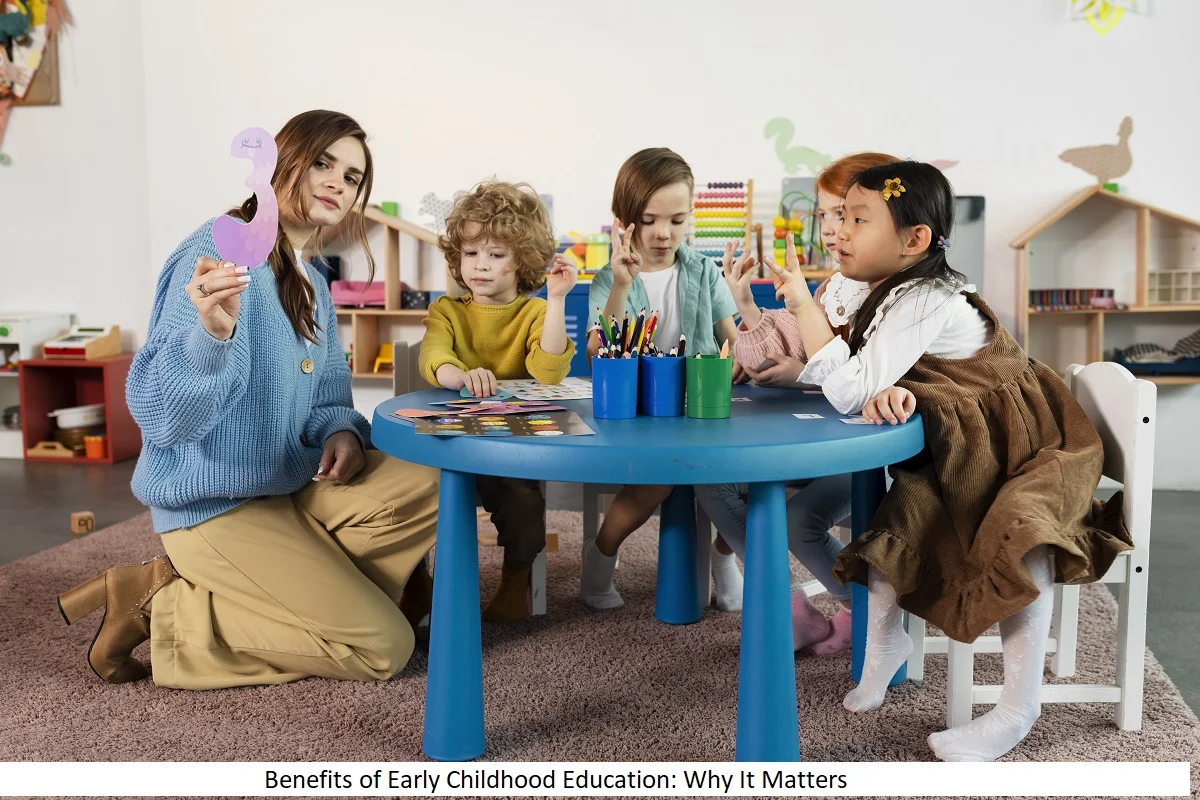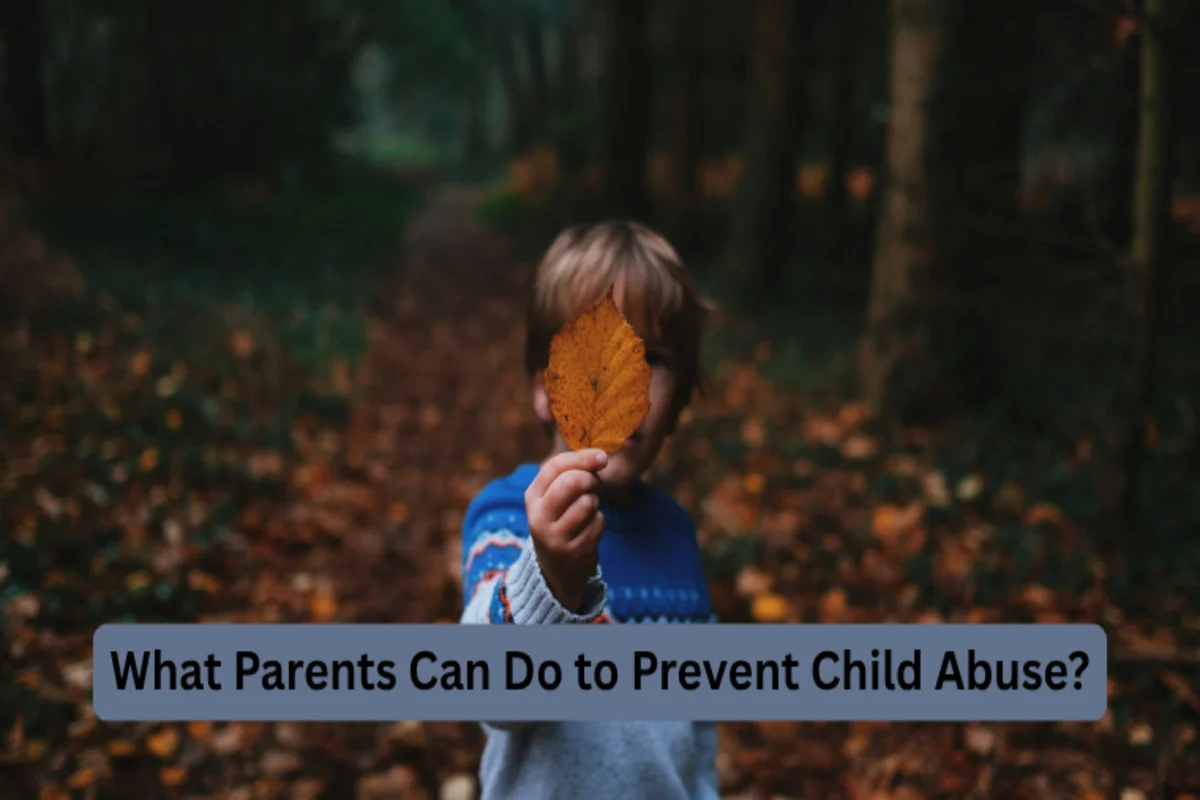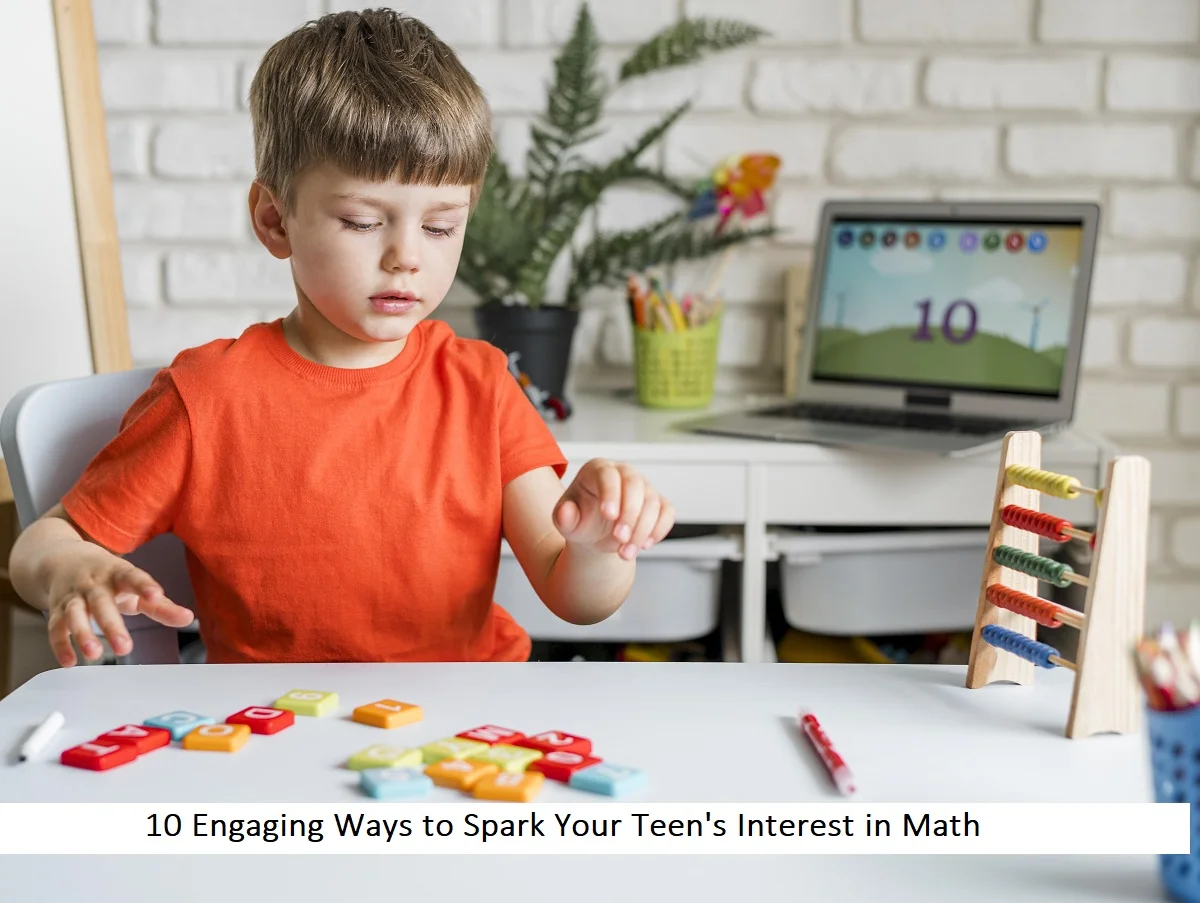Early childhood is when kids build the “base” for how they learn, talk, handle emotions, and connect with others. That’s why the benefits of early childhood education are not only about letters and numbers. A good early program supports the whole child mind, feelings, and everyday life skills.
If you’re a parent, you’ve probably seen it: one day your child can’t wait their turn, and the next day they surprise you by saying, “Okay… I’ll wait.” Those small moments are real growth and early learning environments can help them happen more often.
In this guide, you’ll learn:
- What early childhood education really means
- 10 practical benefits (with real-life examples)
- How to choose a quality preschool
- What to do if preschool isn’t possible right now
What is Early Childhood Education?
Early childhood education (often called ECE) includes learning and care from birth through the early primary years childcare, preschool, pre-K, and early grades. It works best when it’s warm, play-based, and built around how young children actually learn: through relationships, routines, talk, and hands-on exploration.
Benefits of Preschool For Children: The Big Picture
A quality preschool doesn’t “rush” childhood. It strengthens the skills children need to do well later like communication, self-control, and confidence through everyday activities.
If you’re wondering how to raise happy kids , read our guide on Childcare Basics Every Parent Should Know.
10 Reasons Early Childhood Education Matters
1) It supports healthy brain development
Young brains grow fast, and early experiences help shape brain “architecture” the foundation for learning, behavior, and health later.
In simple terms: when children feel safe, talked to, and guided with patience, their brains build stronger pathways for learning.
Real-life example: A teacher who kneels down, makes eye contact, and calmly helps a child solve a small problem is doing brain-building work.
2) It improves language development in early childhood
Children learn language through conversation talking, listening, stories, songs, and questions. Strong early programs create daily “talk moments” that expand vocabulary naturally.
3) It builds social skills development in preschool
Preschool is where children practice real social life: taking turns, joining a group, sharing materials, and repairing small conflicts.
Real-life example: Instead of shouting “Mine!”, a child slowly learns to say, “Can I have a turn after you?” That’s a big social step.
4) It strengthens self-regulation skills in young children
Self-regulation means managing emotions and attention: waiting, listening, calming down, and trying again after frustration. Play is a powerful way children practice these skills.
Here are calm scripts to handle tantrums without power struggles.
5) It supports school readiness skills for kindergarten
School readiness is not just academics. Many frameworks describe readiness as a mix of learning skills, relationships, and support from families and schools.
A child who can follow routines, ask for help, and keep trying is often more ready than a child who can recite letters but melts down easily.
6) It builds early thinking and problem-solving
Blocks, puzzles, sorting, pretend play, and simple science (“What sinks? What floats?”) build early reasoning skills.
Real-life example: When a child builds a tower that falls, then rebuilds it stronger, they are learning planning and persistence without a worksheet.
7) It grows confidence and independence
Quality ECE gives kids safe chances to do things themselves: cleaning up, choosing an activity, washing hands, carrying a bag, putting on shoes.
Real-life example: A child who learns “I can try” becomes a child who doesn’t give up fast later.
8) It supports emotional development through relationships
Healthy social and emotional development grows best inside responsive relationships with caring adults.
In good classrooms, adults don’t only correct behavior they teach feelings and coping skills.
9) It helps reduce learning gaps over time
Early childhood is a critical window, and children do best when they have health, safety, responsive caregiving, and early learning opportunities.
Quality early support can be especially important for children facing challenges at home or in their community.
10) High-quality early programs can have long-term benefits
Long-term research on specific high quality early programs has found benefits across education, health, and life outcomes, with strong estimated returns in some studies.
The key point: quality matters more than the label “preschool.”
Play Based Learning Benefits
Play-based learning is not “free time.” In good settings, play is guided: children choose, explore, talk, and practice self-control while teachers support learning goals.
What play teaches (without forcing it):
- Language (negotiating roles in pretend play)
- Self-regulation (waiting, sharing, handling disappointment)
- Thinking skills (building, planning, solving)
How To Choose a Quality Preschool
Use this checklist when you visit:
- Teachers are warm, patient, and responsive
- Kids are talking, moving, building, exploring (not sitting still all day)
- Clear routines (drop-off, snack, cleanup, transitions)
- Safe environment + good hygiene
- Play and learning are balanced (not heavy worksheets)
- You get regular updates and feel included as a parent
Simple test: If the classroom feels calm even when kids are being kids, that’s a good sign.
If Preschool Isn’t Possible: What Helps At Home
If you can’t access preschool right now, you can still build many early learning benefits at home through simple routines and connection.
Try:
- Talk during daily life (cooking, walking, shopping)
- Read one short story daily (even 5 minutes)
- Sing and rhyme (great for language)
- Give small choices (“blue cup or red cup?”)
- Keep steady routines (sleep and meals help behavior)
For more information how to take care of young ones, visit best childcare tips.
FAQs
It’s learning and care in the early years (childcare, preschool, pre-K, early grades) designed to support whole child development social, emotional, physical, and thinking skills.
Common benefits include stronger language, better social skills, improved self-regulation, and stronger school readiness when the program is high quality and developmentally appropriate.
Many start around ages 3–4, but readiness depends on the child and the program. A good preschool supports a gentle transition with routines and warm relationships.
Yes. Major early-childhood guidance explains that play supports language, self-regulation, and social and cognitive development when adults create a supportive environment and meaningful activities.
If children spend most of the day on worksheets, long sitting, or pressure-based tasks, that can be a red flag for this age group. Look for hands-on learning, movement, talk, and play.




